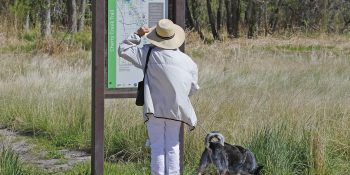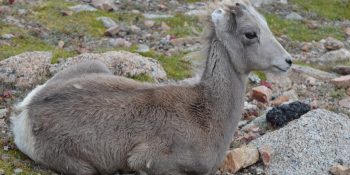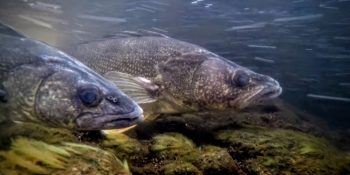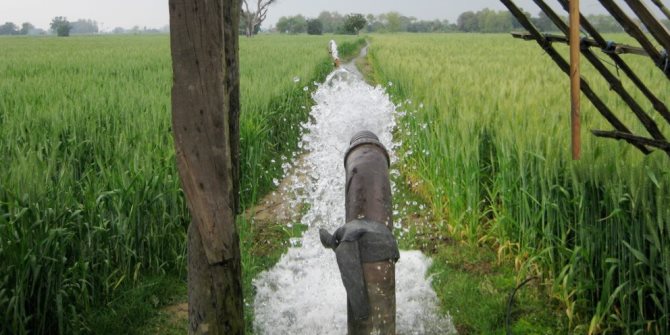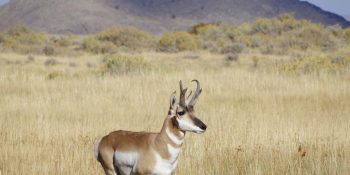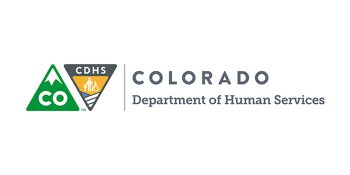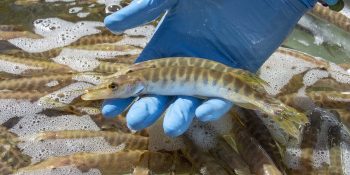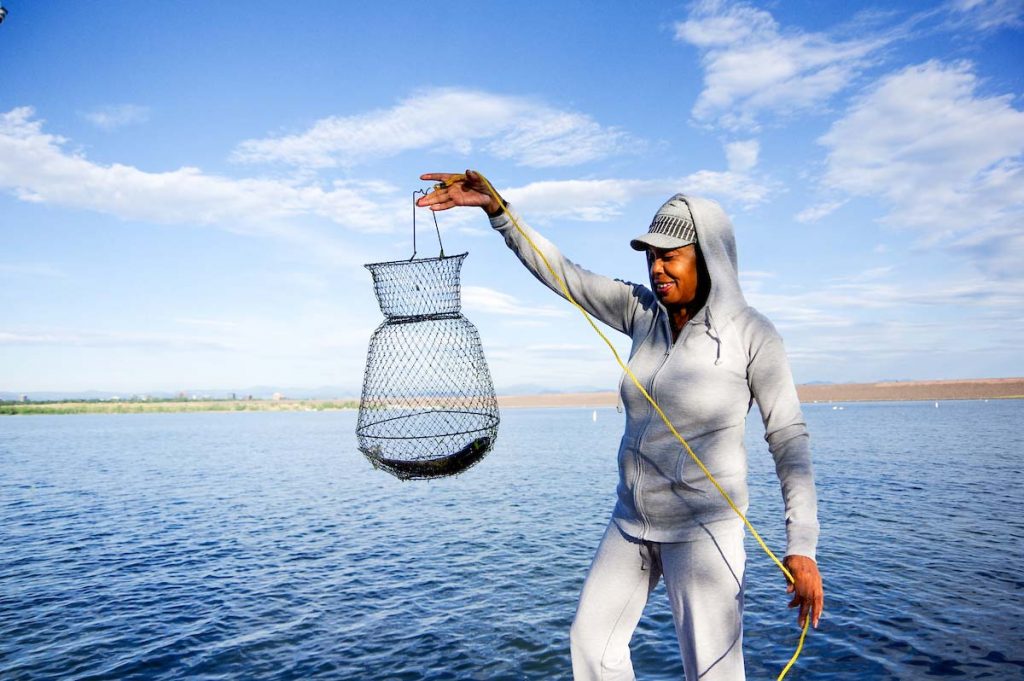AURORA, Colo. — The heavily used dog off leash area at Cherry Creek State Park – a popular spot for dog owners that sees over one million visitors of the two- and four-legged kind a year – will be temporarily closing Oct. 14-17 so park staff can conduct needed maintenance work.
This is the first time the dog off leash area will be closed for a short period of time, but park staff feel it is necessary to do to sustain what is one of the most popular attractions at any of Colorado’s 41 state parks.
“We are reinvesting into the dog off leash area to give users the experience they want,” said Park Manager Jason Trujillo. “It has gotten to the point it is so busy down there we can’t get any work done without interrupting experiences of visitors and this maintenance work cannot be conducted safely while the area is open.”
Last year the dog off leash area surpassed one million visitors by the week of Thanksgiving and if you break it down to visitors by hour, looking roughly at a 12-hour time frame as hours of operation, the area sees 228 people an hour.
“It is hard to have a sustainable resource when it is so heavily used,” Trujillo said. “The work we are doing will be a balance of resource protection and preservation. We appreciate the patience of our users for the brief period the dog off leash area will close.”
One of the most noticeable improvements users will see, and see it right away, is a new entrance and exit bullpen. As it sits now, dogs and their owners enter and exit at the same location, which creates congestion and the possibility for confrontations between tired dogs leaving the park and the energetic dogs entering.
With separate entrance and exit locations, that traffic will be diminished and it will also help disperse the amount of dog urine excreted upon entry in a concentrated area, thus lessening the dog urine aroma. Pea gravel will also be installed to allow urine to be soaked into the ground versus the cement that paves the ground in the current entrance/exit bullpen.
Other work that will take place includes erosion control improvements in the northwest corner of the park, vegetation sustainability management (seeding and weed management), trail improvements and the main parking lot will be relined to create a one-way traffic flow.
The trail work will consist of park staff adding road base and then a layer of crusher fine gravel to elevate the trail and assist with erosion control concerns.
In the northwest corner where the erosion work will be taking place, that is part of a multi-phase project. This will assist trails over drainages so they do not get washed out during significant rain events and it will allow vegetation to improve.
Native grasses will be seeded in areas to re-establish native vegetation and park staff will be spraying noxious weeds so that visitors will continue to have access to all areas of the DOLA while protecting native grasses and vegetation.
Park staff will be looking at this type of major maintenance work twice a year – once in the fall and once in the spring. If anyone wishes to volunteer to help with this project, they can contact the park by calling 303-766-6562.
SPREAD THE NEWS
COMMENT, Like, Follow & SHARE @I70Scout
CURRENT EDITION
WEATHER & TRAFFIC PUZZLES RECENT NEWS ADVERTISE WITH US
